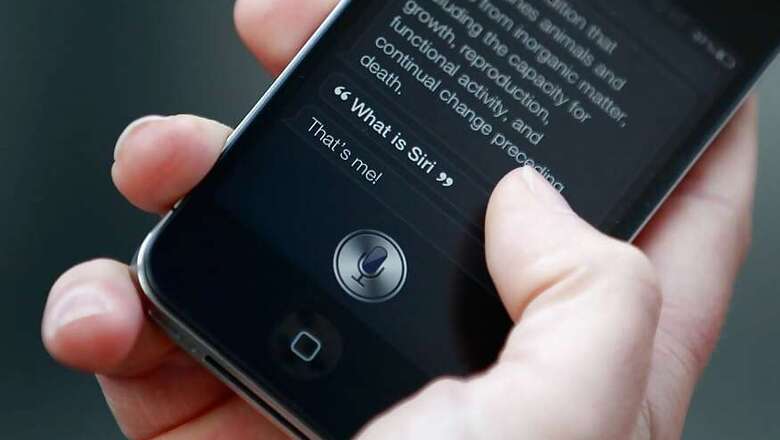
views
New Delhi: Apple, Google, Amazon, and Microsoft are really working towards making their digital assistants smarter and more human-like, but are consumers really comfortable with the idea of talking to these virtual voices? A new study offers an interesting revelation.
Market research firm Creative Strategies carried out different studies to find out how consumers use these assistants and how far the manufacturers still have to go before making the masses embrace the unseen assistants.
The firm focused one study on 1300 early adopters of Amazon's Alexa assistant and another on 500 mainstream consumers and their use of smartphone-based assistants.
The study found that 21 per cent of the participants had never used Siri, 34 per cent never used OK Google, and 72 per cent never used Cortana. Further research revealed a better ratio with only 2 per cent of iPhone owners never having used Siri and only 4 per cent of Android users never used OK Google. But active users were statistically low. 70 per cent of Siri users put to test the assistant only rarely or sometimes while the percentage was 62 for OK Google users.
Although people do use these assistants, interestingly, the places where they use them are mostly away from public gaze. 39 per cent of consumers used the voice-based assistants in the home, 51 per cent used in the car, 1.3 per cent at work, and only 6 per cent in public.
The highest number of people use the assistant in the car so as to facilitate hands-free driving. Those who had never used a voice assistant said they feel uncomfortable talking to a device, especially in public.
The research also revealed that cultural differences too have a role to play when it comes to embracing voice-first user interfaces in public.
Researchers behind the study hope that with changing cultural habits, wearables becoming the next big thing, and artificial intelligence seeping in, the current voice assistants will soon turn into digital agents able to have natural communication and remove the barrier of 'talking to technology.'













Comments
0 comment